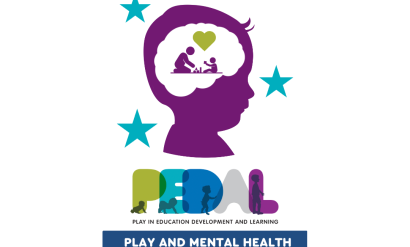
The complex possibilities of play in schools
In this PEDAL Conference 2023 recording, Dr James Biddulph and Aimee Durning (University of Cambridge Primary School) discuss play's place in the curriculum, and how they have used play to nurture and promote mental wellness for some of the most vulnerable children within their school community.

Prisons, hospitals and schools: challenges and opportunities introducing play in different settings
In this PEDAL Conference 2023 recording, Dr Paulina Pérez-Duarte (PEDAL), Dina Fajardo (PEDAL) & Mercedes Castañeda (Reinserta) explore and advocate for the use of play in challenging settings, as well as those opportunities where play can enable a powerful change in children’s mental health.

Public health campaigns: supporting infant mental health through encouraging playful interactions
In this PEDAL Conference 2023 recording, Margaret Gallagher (NSPCC) and Alex Spragg (Better Start Bradford) talk about how two public health campaigns supported infant mental health through encouraging playful interactions.

A future for the world’s children? Play as the basis of a new paradigm for a world on fire
In this PEDAL Conference 2023 keynote lecture, Professor Mark Tomlinson (Stellenbosch University) discusses the important role of play in building minds and brains in the future that are built for creativity, adaptation, collaboration, connectedness and resilience.

A vision for happy, healthy childhoods in the UK
In this PEDAL Conference 2023 keynote lecture, Helen Hayes (Shadow Children's Minister and Labour MP forDulwich & West Norwood) shares Labour's vision for childhood.

Understanding & supporting mental health in infancy & early childhood: a PEDAL and UNICEF UK toolkit
In this PEDAL Conference 2023 lecture, PEDAL's Senior Policy Fellow Sally Hogg presents PEDAL’s work with UNICEF UK on the new toolkit for understanding and supporting mental health in infancy and early childhood.

Playful approaches to research
In this PEDAL Conference 2023 recording, Dr Beth Barker, Dr Kelsey Graber, and PhD students Sydney Conroy and Carolyn Mazzei (PEDAL) discuss how play itself can be used as an ethos and a tool to support our explorations of play, development, and learning in childhood during our research studies.

Play in the face of adversity
Read our paper for the Scottish Children's Commissioner about the value of play for children in the asylum seeking system.

Diversity in autistic play: Autistic adults’ experiences
In this research, we take a neurodiversity-informed approach to understanding autistic play. This means understanding autistic play in terms of differences, strengths and difficulties rather than simply deficits. We also focus on what autistic people say about their play. We were interested in how autistic adults experience play, as well as how they think their play is different to non-autistic play.
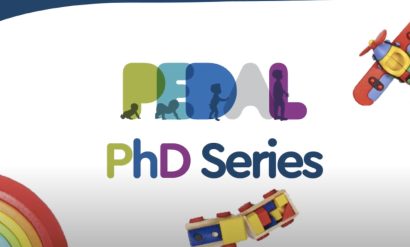
PEDAL PhD Series: Applying for a PhD at PEDAL
Have you ever wondered what it's like to do a PhD? Would you like to know more about studying here at PEDAL? In the PEDAL PhD series, current PEDAL students discuss their experiences of studying a PhD at the University of Cambridge and answer some of your questions about the application process.
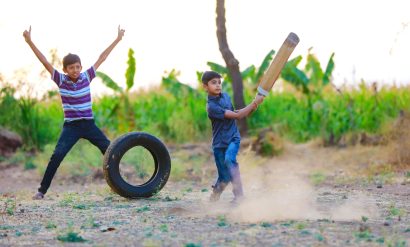
All Work and No Play? Busting the Binary in Majority World Settings
In this Play Piece, Stephen discusses whether work and play are different, and the value of play as distinct from work.
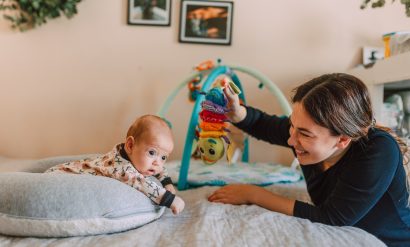
Infant Mental Health Awareness Week 2023: Understanding Infant Mental Health
In this short animation for Infant Mental Health Awareness Week 2023, PEDAL’s Senior Policy Fellow Sally Hogg explains what we mean by ‘mental health’ in infancy and early childhood. You can also find more information and useful resources for supporting children’s mental health in the early years by clicking here.
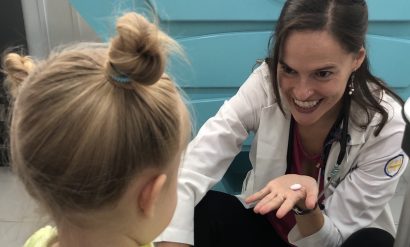
Exploring play in hospitals in Spain, Australia and England
In this article, Paulina reflects on her travels and what she has learned about Health Play Specialists and their importance to children in hospital.
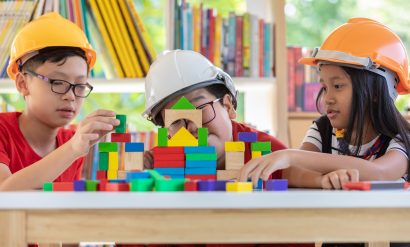
INSAR 2023: Professionals’ perspectives on strengths-based autism diagnostic assessment
Neurodiversity-informed approaches enable us to move away from simply understanding autism in terms of difficulties. In this video, PEDAL PhD student Emma Pritchard-Rowe presents a summary of her research on professionals’ perspectives of holistic, strengths-based approaches to diagnostic assessment – which can have a positive impact on autistic people’s wellbeing and enhance the support available […]
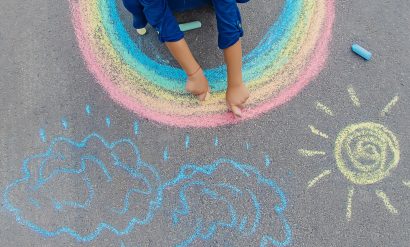
INSAR 2023: Autistic adults’ perspectives and experiences of play-based assessments
Neurodiversity-informed & strengths-based approaches can help enrich our understanding of autistic play and the diverse array of strengths that autistic people have. In this video, PEDAL PhD student Emma Pritchard-Rowe presents a summary of her research on autistic adults’ experiences of play-based assessments. This poster was originally presented at the International Society for Autism Research […]

